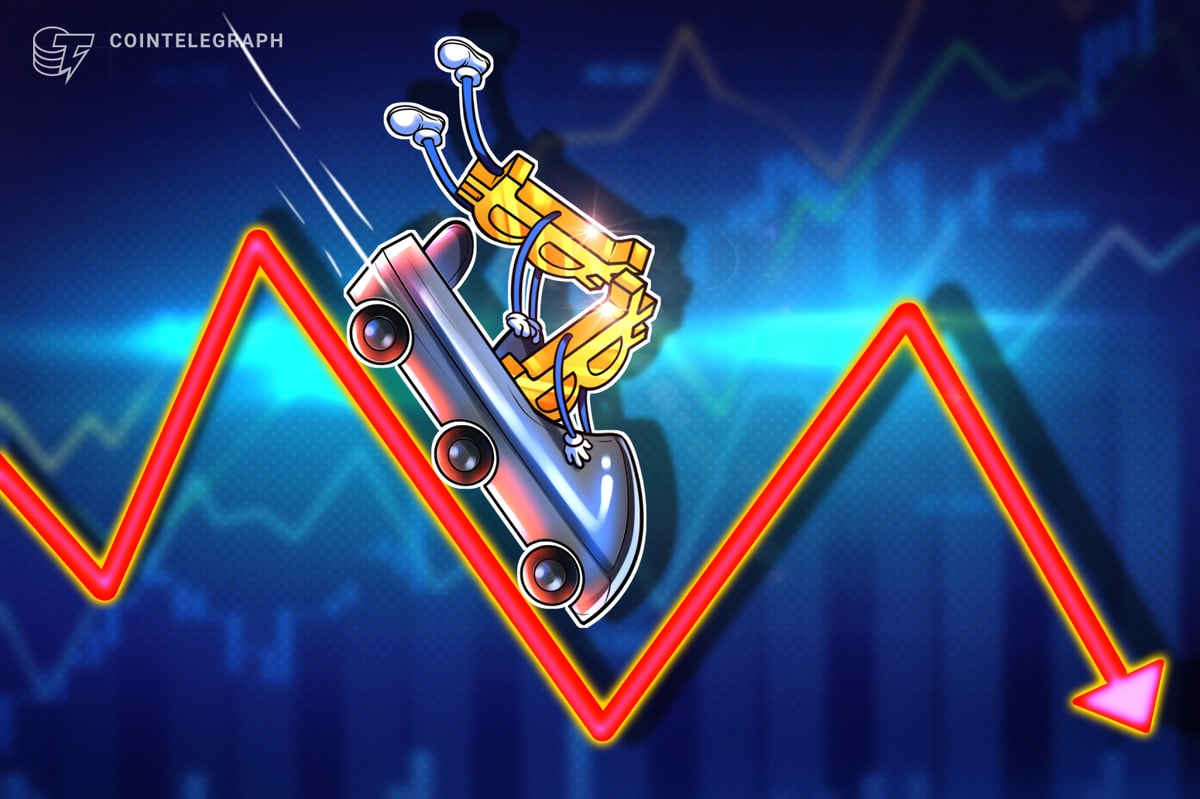
A lot has been made of Bitcoin’s environmental impact. With the mining network now more powerful than all of the world’s top supercomputers combined, it’s understandable that some people would become concerned about power consumption and waste. Shouldn’t there be a better way to do this, and is it even worth it, at all?
First, to answer the former question. One alternative to using processing power to mint coins–known as proof-of-work–is the proof-of-stake system. In proof-of-stake, new coins are minted (and the network secured) by those holding coins in the same place for a period of time. This, however, concentrates control of the money supply directly into the hands of the wealthy, and discourages the spending and trade in the economy.
One would think that we could use all of that mining power to solve practical problems, but the reality is more complicated. A cryptocurrency must follow an algorithm that can be easily calculated one way but is immensely difficult to calculate in reverse, and few practical problems meet these conditions. Even Primecoin, which servers to calculate new prime numbers, can only calculate primes of very specific types.
So what is there to do? The reality is, we don’t need to do anything. Bitcoin miners already serve a practical purpose: they secure a free, decentralized financial system. Conversely, consider the power expenditure of many obsolete facets of the traditional financial system–armored cars, posh banking lobbies, and countless bureaucrats who spend their wealth on luxuries while contributing proportionately little to society. Combined, these things are more wasteful than cryptocurrency enthusiasts could ever be.
Meanwhile, Bitcoin will continue to improve. Mining hardware gets more efficient every day, with rising investment costs but drastically-reduced power consumption. Large mining centers can easily relocate to countries where clean electricity is in high supply, and provide heat in cold weather. The banking system, on the other hand, has no intention of reducing its unecessary fees, or lowering the salaries of bankers who can now effectively be automated. If you want to see a real example of reckless greenhouse gas emissions, look at your average corporate jet.










